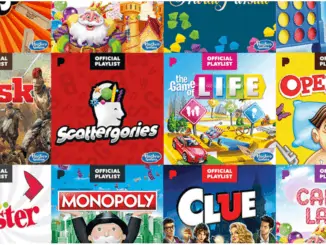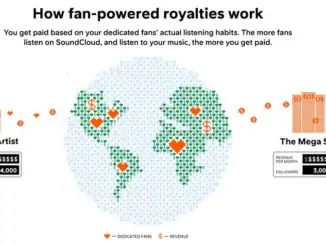
Daniel Ek, the founder and CEO of Spotify discusses the economics of music streaming in a recent blog posting and announces the creation of a new website, ‘Loud & Clear’ which aims to provide clear explanations of the economics of music streaming. Spotify was founded in 2006 in Stockholm, Sweden where Ek was born and raised. Since its 2014 low, the music industry has grown by 44%, driven primarily by streaming revenues, which increased 500% over this same period. In 2020 alone, Spotify paid $5 Bn+ and makes up about 20% of global recorded music industry revenue, more than any other streaming service.
Ek said, “Still, artists ask me all the time why they’re not making more money. If the music industry is generating so much, then where the hell is it going? These are fair questions. So, we’re launching a new site, Loud & Clear, to increase transparency and shed light on the complicated economics of music streaming.”
He continues, “Streaming is thriving and has been key to helping more artists find a global audience. There are more artists than ever before. That’s awesome. It means new genres, more music crossing borders, and more artists finding new fans. It also means new artists joining Spotify every day, along with the entire history of music that came before them. More artists want to share their art, reach fans and earn a living from music. And it’s happening.”
Spotify has seen growth from artists at all stages of their career: since 2017, the number of artists generating:
- more than $50k/year is up 80%
- more than $100k/year is up 85%
- and more than $1M/year is up 90%
Today, 57,000 artists now represent 90% of monthly streams on Spotify – a number that has quadrupled in just six years. This means that the number of the most listened to artists in the world is growing and more diverse.
Spotify’s stated goal is ‘to help musicians that aspire to be, or are professional to make a living… [and] continue to create more opportunities for more artists to reach more fans.’
Ek concluded, “We know we have much more work to do, but we’re confident in what we’ve built and the innovations we continue to deliver for artists and their fans. We’ll continue to empower the most talented artists in the world to turn their passion into a profession, grow the money paid to rights holders, diversify and expand the number of professional artists succeeding, and propel the music industry forward.”




